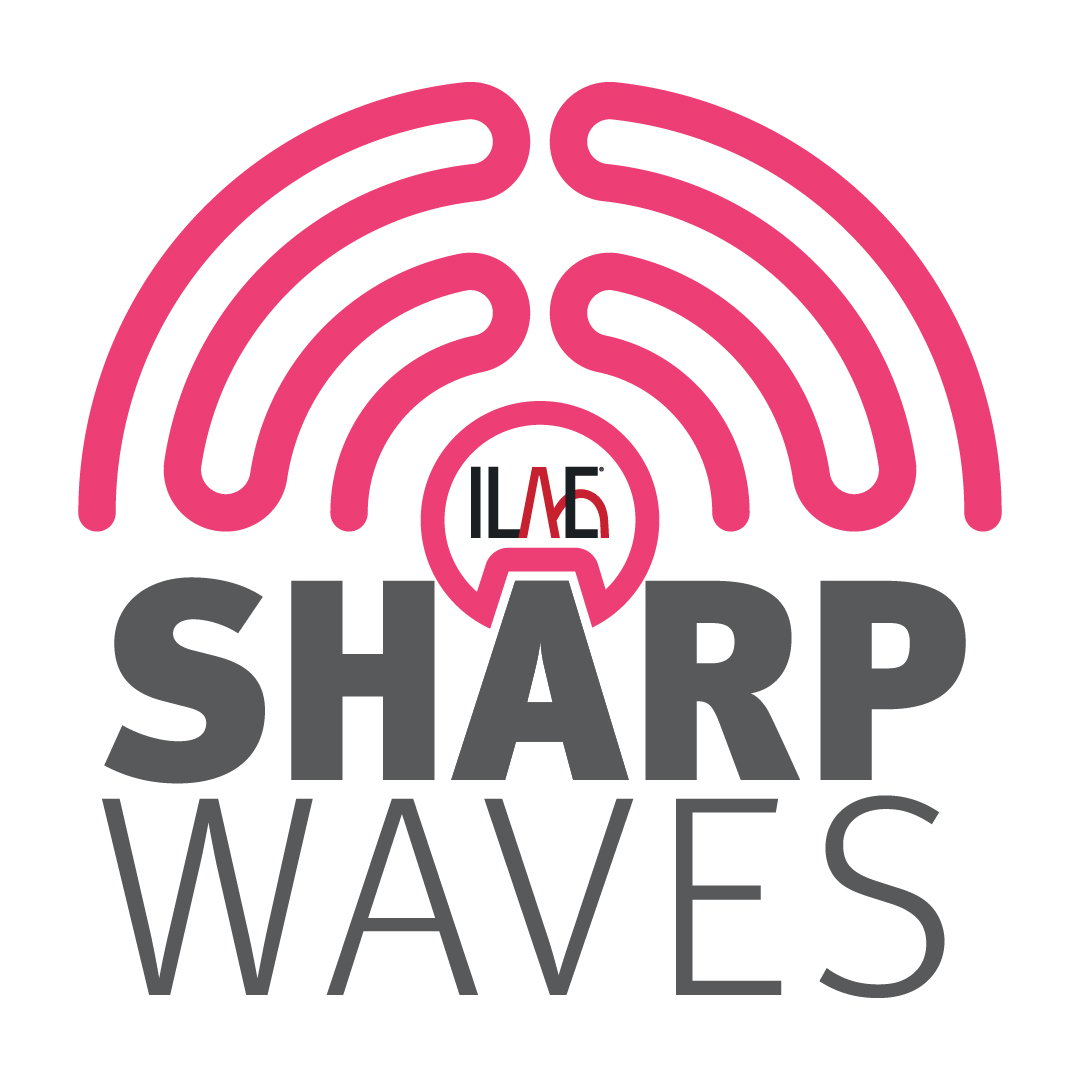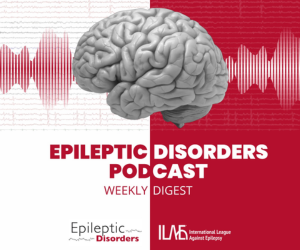Overview
Epileptic Disorders was founded in 1999, and publishes original research focusing on clinical practice in epileptology. It is the educational journal of the International League Against Epilepsy, with a focus on publishing audio-visual material alongside quality research papers.Aims and Scope
Mission: Create educational links between epileptologists and other health professionals in clinical practice and scientists or physicians in research-based institutions.
Target readership: Physicians and other health professionals involved in the diagnosis, management and care of persons with epilepsy
Target authorship: Experts in any epilepsy-related domain that can provide the readership with manuscripts of outstanding educational value to enhance optimal epilepsy care and research
Types of articles
•Articles on new case series, or case reports, with a meaningful value for everyday clinical practice (in terms of seizure semiology, treatment, neurophysiology, neuroimaging and neuropsychology);
•Commentaries and viewpoints, updates on recent developments, and comprehensive Seminar manuscripts written to be of high educational value to the practicing clinician; Review articles summarizing the state-of-the-art on specific topics, written to be of high educational value to neurologists and child neurologists with an expertise in epilepsy;
•Educational documents supportive to ILAE Commissions and Task Force reports. •Video teaching material for clinicians and basic science researchers
Special features
• Ability to accompany all manuscripts with video material or other multimedia supplemental data (video-EEG; neuroimaging; neuropathology; neurosurgery techniques)
•Supplements on educational topics of particular interest to a region or country (including educational material in languages other than English)
Indexing information
- CAS: Chemical Abstracts Service (ACS)
- Current Contents: Clinical Medicine (Clarivate Analytics)
- Embase (Elsevier)
- MEDLINE/PubMed (NLM)
- Science Citation Index Expanded (Clarivate Analytics)
- SCOPUS (Elsevier)
- Web of Science (Clarivate Analytics)







